Learn about The Things We Don't Say Whenever and Wherever
Life is busy. Our time gets filled up by work, school, friends, family, hobbies, and sleep. Sometimes the schedule doesn’t allow for a Zoom education workshop on Saturday. Maybe there was simply too much Zoom-ing during the week.
Hope for the Day understands this, which is why the organization is launching an on-demand e-learning version of the Things We Don’t Say | Part 1.
The e-learning platform will be available on April 2 and can be taken whenever and wherever. It typically takes approximately one hour, but participants can take as much or as little time as they need to absorb the information.
“E-learning is a really good way to let people digest the material at their own pace [and] make sure that they have what they need to move forward,” Hope for the Day’s Director of Education Allison Herman said. “If you want to go back and rewatch a video, you can do that. If you want to go back and read over something again, you can do that.”
Typically, Hope for the Day’s educations are hosted in-person or over zoom on weekends and Wednesdays. For many people, they have scheduling conflicts during these times, especially if they work outside the typical 9-5 business hours or even live in a different time zone. This e-learning platform gives people the opportunity to take a Hope for the Day education that fits their schedule.
For others, they’re not comfortable chatting about something as personal as mental health in a Zoom room. That’s perfectly understandable, as Herman said, “we just have different people at different levels of desired interaction.” The e-learning platform allows people to sit with the information in the privacy of their own space.
The Things We Don’t Say E-Learning platform incorporates a variety of interactive pieces to make the experience as engaging as possible. Examples include: sorting activities, videos, flip cards, and knowledge check questions.
Even though e-learning sometimes seems less personal, Herman said it still feels authentic to the organization.
“It feels like Hope for the Day and there's also little Easter eggs throughout, which I really love to see,” Herman said.
One of those Easter eggs is Herman’s tattoo of a “panic shrimp.”
With roots in the music scene and merchandise that reads “F*CK STIGMA,” Hope for the Day wanted to ensure the e-learning experience had just as much personality as the instructors who teach the live sessions.
Unlike the live sessions, which are free, the e-learning platform does have a small fee. But once purchased, participants can access the Things We Don’t Say e-learning information as often as they’d like. People also have the option to pay-it-forward for someone else if they so choose.
“You can start it whenever you want. You can end it whenever you want. You can also go back and watch it,” Herman said. “You have a portal forever just to go in, check out Hope for the Day at your own leisure.”
Hope for the Day is proud to have worked with WeLearn on this project. More information about WeLearn and their involvement can be found here.
Starting on April 2, the e-learning platform can be found on the Things We Don’t Say page of Hope for the Day’s website.

